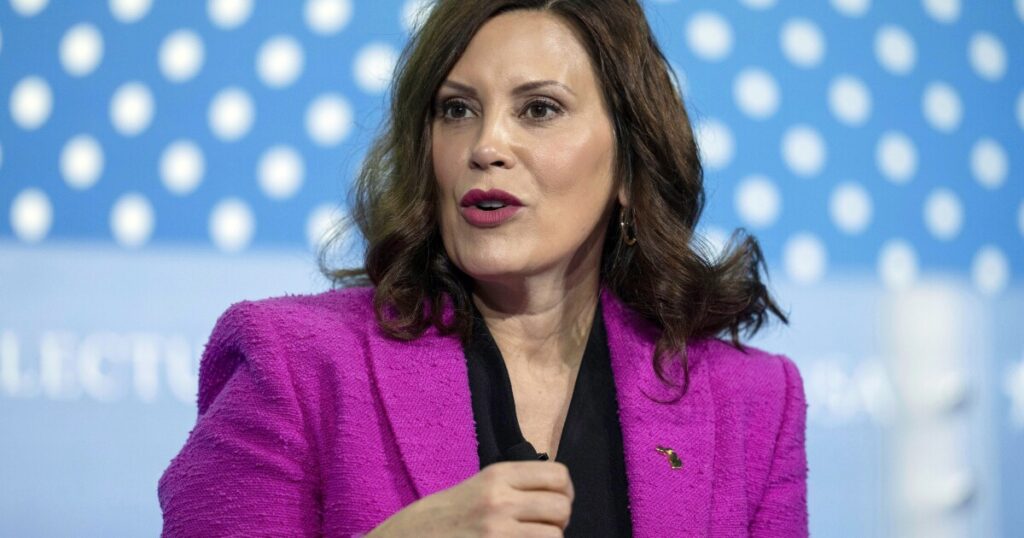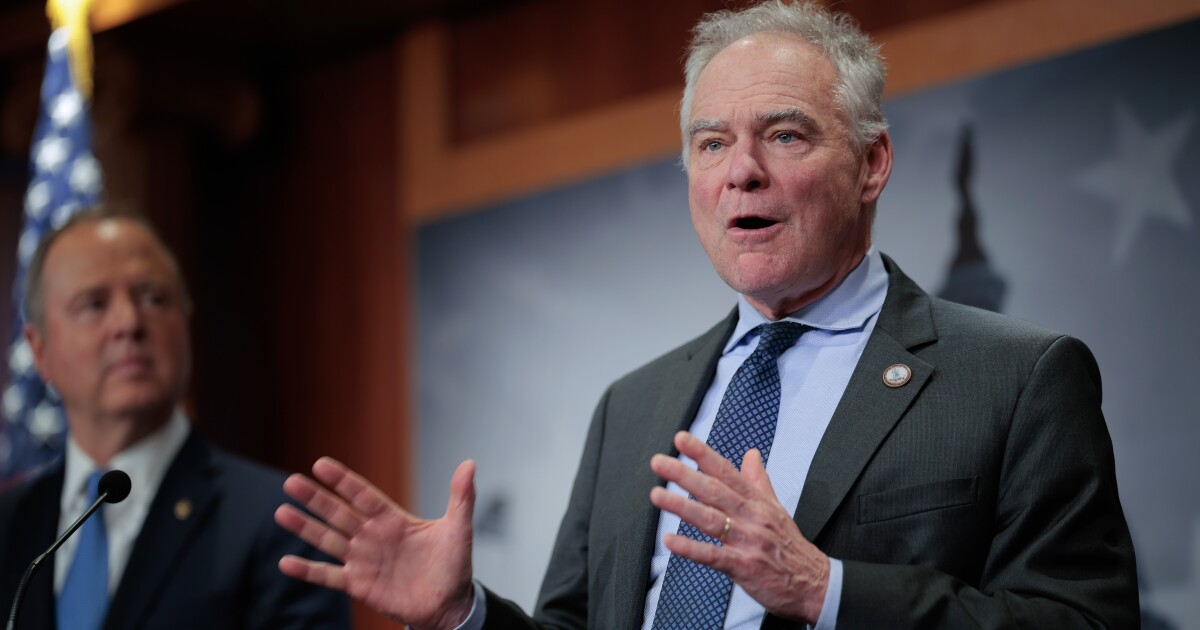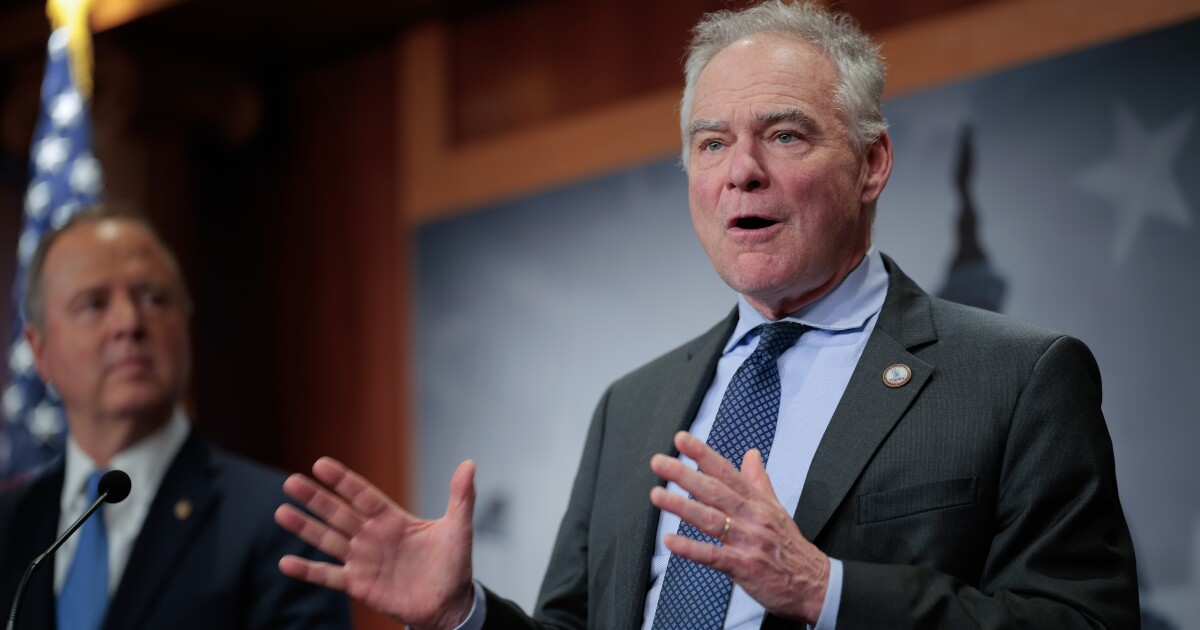Michigan Prepares to Enhance COVID-19 Vaccine Access Amid New Federal Limitations
Governor Gretchen Whitmer of Michigan has initiated steps to potentially widen the availability of the COVID-19 vaccine, countering recent federal restrictions. The governor’s executive directive, however, lacks detailed plans.
The directive mandates state health and insurance officials to provide guidance on the vaccine’s safety and efficacy for suitable populations and to eliminate obstacles to vaccine accessibility, ensuring its continued availability in Michigan.
Currently, Michigan residents over 65 or those with underlying conditions can receive the vaccine without a prescription, a restriction set by U.S. health secretary Robert F. Kennedy, Jr. Whitmer’s directive also encourages health insurance plans under state authority to cover the COVID-19 vaccine.
The CDC’s Advisory Committee on Immunization Practices (ACIP) is expected to meet soon to discuss recommendations that might affect insurance coverage of the vaccine. Their decisions also impact the federal Vaccines for Children program, which provides free vaccines to children in need.
Other states like New York, New Jersey, Wisconsin, and Minnesota have issued broad authorizations for vaccine access, opposing FDA guidelines. In Massachusetts, the governor is requiring insurers to cover vaccines recommended by the state health department.
Michigan’s approach, described as “more measured” by Dr. Natasha Bagdasarian, Michigan’s chief medical executive, aims to work collaboratively with partners to protect public health. Dr. Bagdasarian emphasized this as a preliminary step, indicating further actions are forthcoming.
Potential Changes in Health Insurance Coverage
Even if ACIP suggests insurers might not be required to cover certain vaccines, some private insurers could choose to maintain coverage based on cost-benefit analyses. “That will be essentially a cost-benefit analysis,” explained Sabrina Corlette from Georgetown University. Insurers might decide covering vaccines is economically beneficial for them.
The Association of Health Insurance Plans has stated that private insurers will keep covering the COVID vaccine through the year’s end.
State-regulated insurance coverage is limited, as many people are on federal plans like Medicare or employer-provided insurance, regulated under federal laws. Additionally, states cannot influence the federal Vaccines for Children program, which supplies vaccines to nearly half of U.S. children.
Some states might allocate additional funds to support vaccine programs, but this requires substantial resources. As noted by epidemiologist Abram Wagner, funding these initiatives could be challenging for states like Michigan.
States will likely continue exploring independent paths for vaccine distribution, according to Corlette, highlighting a lack of federal leadership has necessitated state-level initiatives. “In the absence of any sort of credible leadership at the federal level, the only place to look for leadership is at the state level,” she remarked.
—
Read More Michigan News










